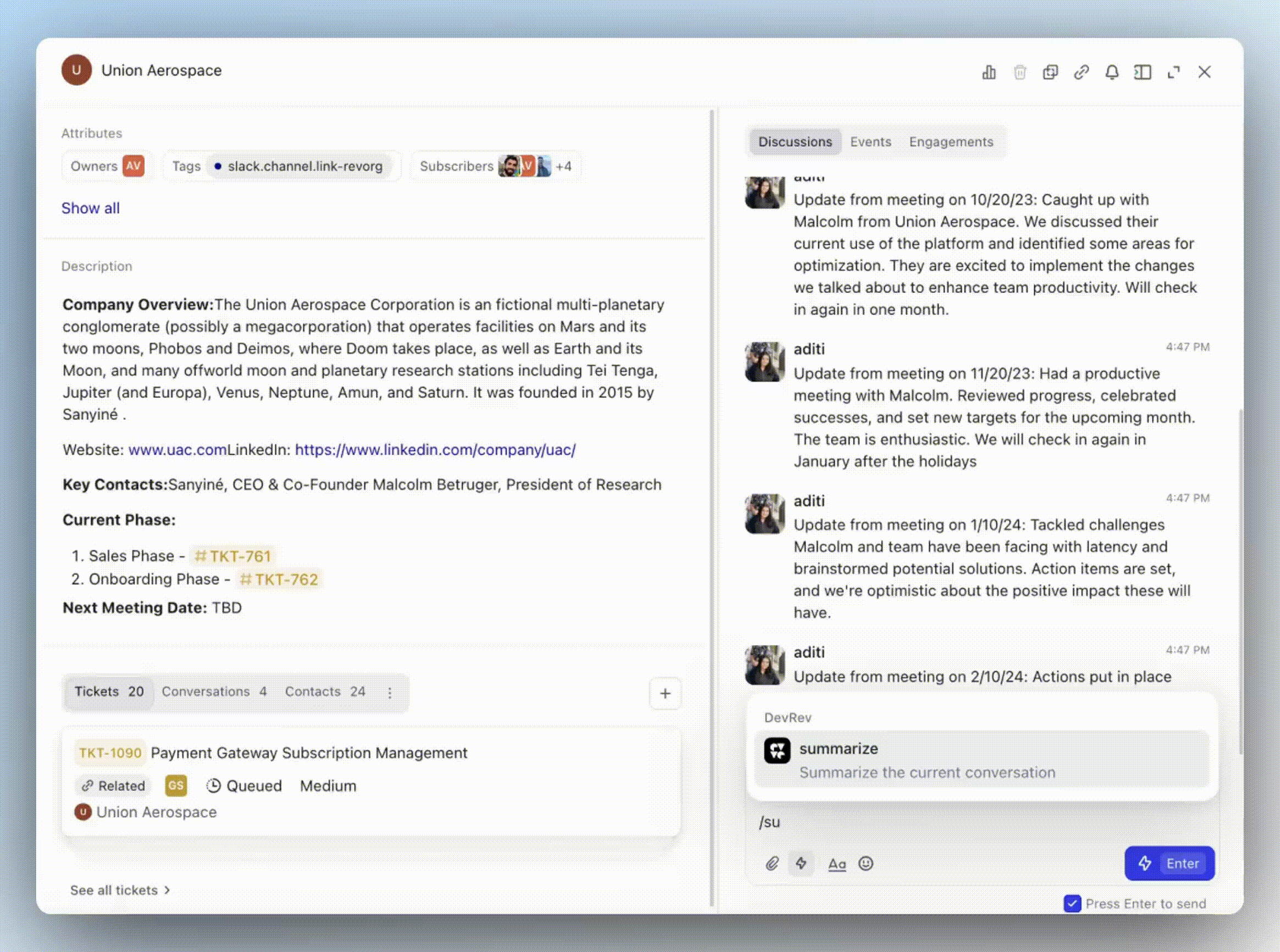This blog is the second in a series about the changes that have taken place in our industry in the past decade. In the first one, we talked about the five major changes that loosen the stranglehold Zendesk and Salesforce ServiceCloud have maintained in the world of customer service and support. This post will dive deeper into the evolution of software business models, and the implications of that.
From perpetual to subscription to consumption
It keeps getting harder
The rise of public cloud gave rise to subscription models, which dramatically changed the way businesses sell software, support customers, measure engagement, and realize revenue. The entire software landscape went from perpetual licensing to subscription licensing to, now, consumption pricing. This gave birth to customer success and growth engineering as distinct departments this past decade, and more so because Support CRMs looked the other way ("not my problem"):
- Contracts moved from 5+ years to 3 years invoiced-n-collected yearly to month-to-month covenants invoiced-n-collected every 30 days
- With shorter contracts, businesses began worrying about "customer churn" — a new addition to the corporate lexicon. There's newfound pressure to provide a consistent customer experience and innovate based on customer feedback.
- Product Managers (PMs) are on their toes, as they wrestle with churn and lack of engagement
- Customer Success Managers (CSMs) wrestle with PMs (and SEs) because CS has little to no knowledge of product: its usage, quality, and roadmap
- Product Marketing Managers (PMMs) wrestle with PMs on all things digital, as the rollouts are monthly, and the tribal knowledge is buried deep within Engineering (bug fixes) and Product (features). Support, on the other hand, becomes the forgotten one in this exchange
- Product and consumption metrics have become important for support managers and engineers, but almost invariably in the hands of a chosen few PMs
- Crash reports and user monitoring data are unavailable to support engineers, let alone support agents sitting in call centers, who at best pass the hot potato down the chain only for the developer to say “I can’t reproduce it; where are the traces?”

Perpetual: “Innocent until proven guilty”
“We will see you in 4 years 👋”
The 5 stages of grief in a begrudgingly reactive support experience in legacy perpetual:
- Denial: “it’s not us; you’re not on the latest and the greatest as per our KBs”
- Bargaining: “the case is following the sun; it’s in someone else’s queue”
- Acceptance: “we think it’s us, but the PE firm that owns us is cutting costs in the mid-market”
- Negligence: “renewal is 4 years away”
- Escalation: “we’re not buying anything new until…”
Subscription: “Innocent until renewal”
“Our CSMs will see you often – they don’t know the product or its roadmap, but will be tenacious about money 🧀 ”
The 3 stages of fatalism in a presumably proactive support experience in modern subscription:
- Bargaining: “it’s in the hands of customer success and implementation folks”
- Acceptance: “sorry, our implementation was messy”
- Escalation: (internal review) “please fix the tickets or else there’s no renewal"

Consumption: “Guilty until proven innocent”
“We will see you often, as we only get paid on consumption. And yes, we are pricey 😎”
The singular stage of remorse, depending on how you look at it:
- Escalation 1: “our monthly usage is crazy high; we need to box it”
- Escalation 2: (PMs in internal QBRs) “we’re re-working our onboarding experience, which is why consumption is low”

It’s a treadmill, and we can’t seem to step away from it. If we don’t change the how, the what will remain the same. And no amount of “AI washing” will help, ‘coz it's about the realization that things have changed, but the tools haven’t.





